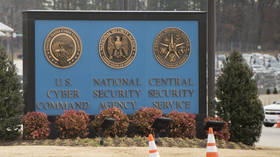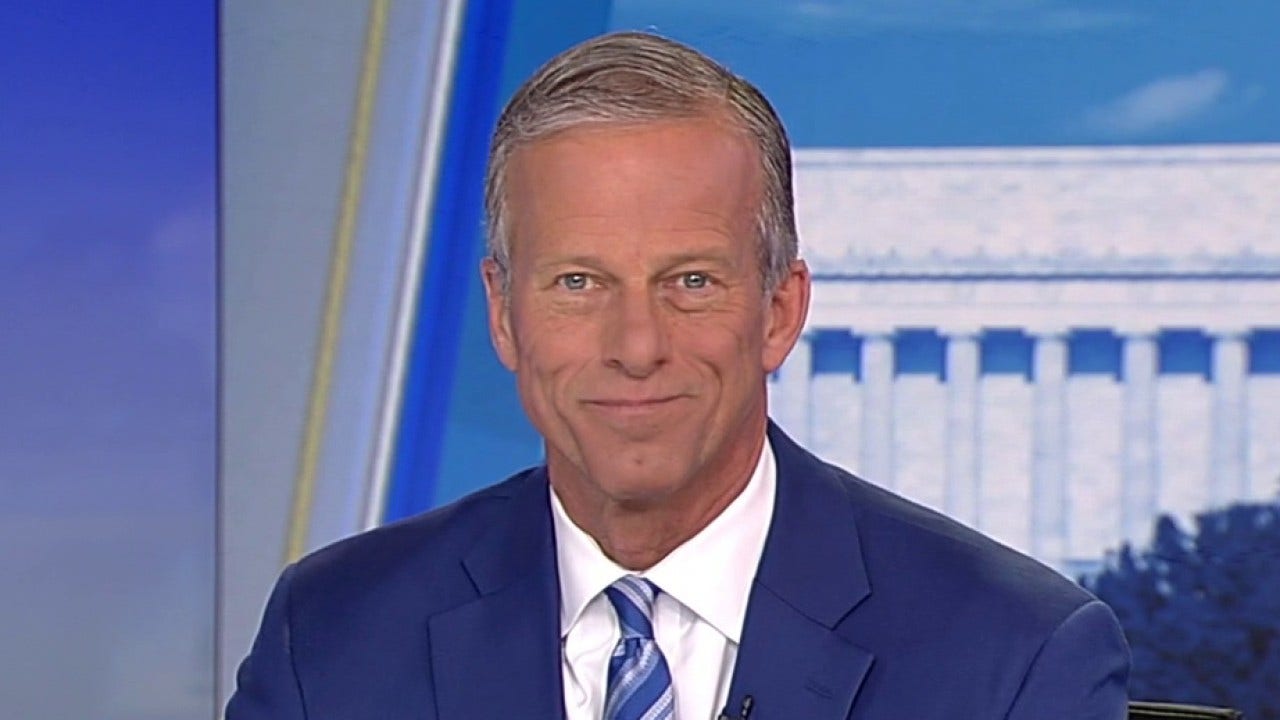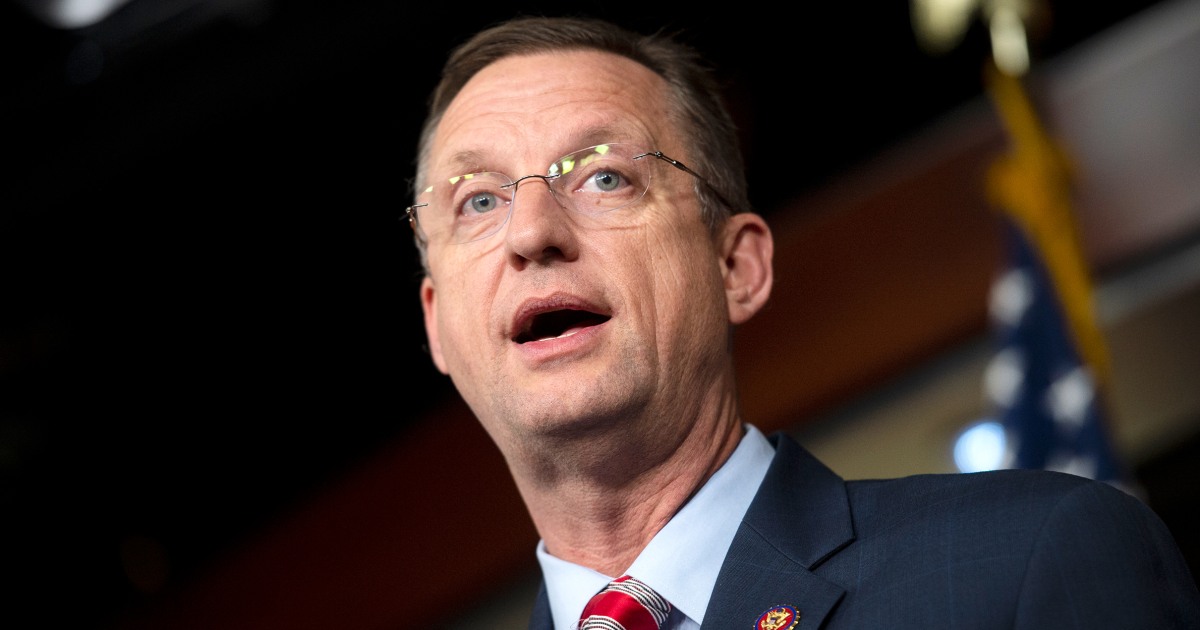Leaders of the two countries vowed to seal a trade pact this year and ramp up defense ties during Anthony Albanese’s four-day trip to India
Australian Prime Minister Anthony Albanese’s four-day, three-city India trip has been overshadowed by subversive activities back in his homeland by Khalistani separatists, who have been targeting the Indian diaspora with impunity.
The separatists, who belong to the Sikh faith, have been fighting for the right to self-determination in the north Indian state of Punjab, bordering India’s arch-rival and nuclear-armed neighbor Pakistan.
The demand, which led to the assassination of former Indian PM Indira Gandhi in 1984 and the loss of thousands of innocent lives through the 1980s, has reared its head again as similar incidents of vandalism of Hindu shrines are being reported from parts of North America, Europe, and Australia.
Indian PM Narendra Modi raised the issue of attacks on temples in Australia with Albanese, who assured his counterpart of the safety and well-being of the Indian diaspora.
In a media statement with Albanese present, Modi referred to the contribution of the Indian community in Australia and described as a “matter of regret” the reports of attacks on temples in Australia over the past few weeks.
“It is a matter of regret that reports of attacks on temples have come regularly from Australia over the past few weeks. It is natural that such news worries everyone in India, disturbs our mind,” Modi said.
Meanwhile, the Indian authorities were tight-lipped on whether any arrest of pro-Khalistani elements were made in Australia, and if they would be deported to India or tried in that country’s courts.
The two leaders also vowed to conclude a Comprehensive Economic Cooperation Agreement by the end of the year, in addition to ramping up defense ties.
“My visit reflects my government’s commitment to place India at the heart of Australia’s approach to the Indo-Pacific and beyond,” Albanese said.
Indian and Australian ties – which have been elevated to a comprehensive strategic partnership since 2020, as both countries are key allies in the strategic Quad grouping for maritime safety in the Indo-Pacific – have further strengthened following at least 18 ministerial-level exchanges to date.
Science and technology, renewable energy, robust trade and economic ties, and defense cooperation are at the heart of the bilateral relationship, India’s foreign secretary, Vinay Mohan Kwatra, said.
Albanese, who shared the stage with Modi during a joint televised address, said: “We are partners and we are building that partnership even stronger each and every day.”
India and Australia have also become close strategic partners amid growing bilateral defense collaboration.
In August, Australia will hold the Malabar Naval Exercise with India, Japan, and the US. India will also for the first time participate in Australia’s Talisman Sabre exercise.
Albanese praised India’s leading role as the ‘Voice of the Global South’ during his visit. He stated that he would be delighted to be in New Delhi again in September for the G20 summit, as India holds the rotating presidency of the group.
.png)
 1 year ago
5
1 year ago
5










 English (US) ·
English (US) ·